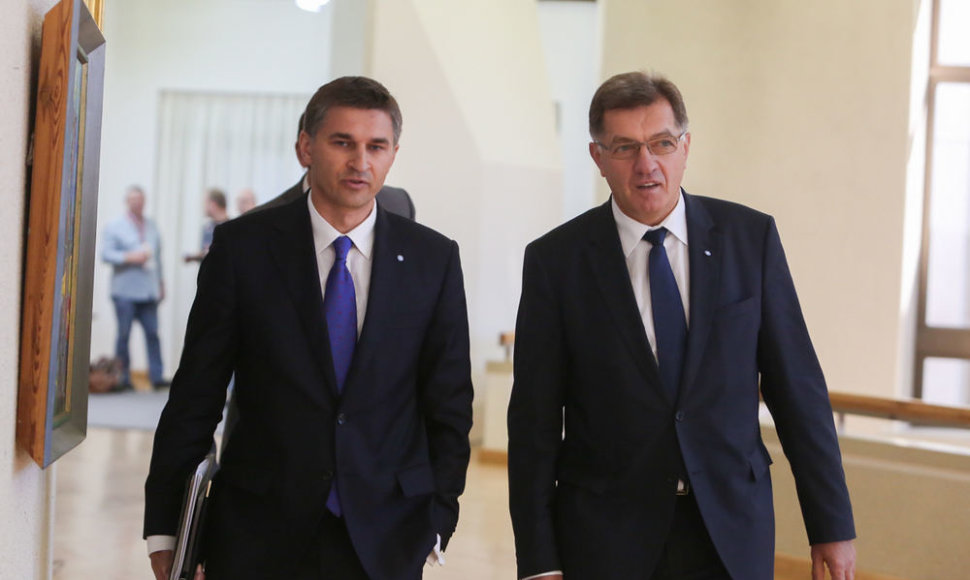"We cannot say when we will receive a response from Gazprom. Lithuania is interested in negotiating and reaching agreement as soon as possible. Therefore, we expect that Gazprom will respond to our position as swiftly as possible," Evelina Butkutė-Lazdauskienė told BNS.
Prime Minister Algirdas Butkevičius said on Monday that the government's proposals in negotiations with Gazprom were acceptable to the state and the people.
Meanwhile, Energy Minister Jaroslav Neverovič said on the same day that Lithuania and Gazprom had failed to reach an agreement so far.
The package of the government's proposals includes a provision that Gazprom and Germany's E.ON sell their shareholdings in Amber Grid, a new company into which Lietuvos Dujos has spun off its gas transmission pipelines. E.ON this week refused to comment on whether it would sell its stake of nearly 39 percent in Amber Grid, while Gazprom Vice-Chairman Valery Golubev said on Monday that the Russian company was ready to sell its 37-percent stake.
Experts say that the total price for both stakes could range between 300 million and 800 million litas (EUR 87-232m).
The government has been tight-lipped about what it replied to Gazprom's demand to drop its Stockholm arbitration suit of 5 billion litas and to end legal disputes in Lithuania over the activities of Lietuvos Dujos and its management, including Golubev and Kirill Seleznev, a member of the Russian company's board.
It is not clear either what the government thinks about Gazprom's proposal to sign a new long-term gas purchase and sale contract and a new agreement on gas transit to the Russian exclave of Kaliningrad. Butkevičius has mentioned that a gas supply contract is necessary in any case, because the planned LNG terminal in Klaipėda will not fully meet Lithuania's gas needs.
What is clear at the moment is that the government is not satisfied with a price discount offered by Gazprom. Butkevičius wants to negotiate a discount before the start of the heating season.
It is said that the issue of implementation of the EU's Third Energy Package is no longer being discussed with Gazprom. According to unofficial sources, the Russians have realized that this process is irreversible and are now trying to steer the talks in a direction favorable to it.












